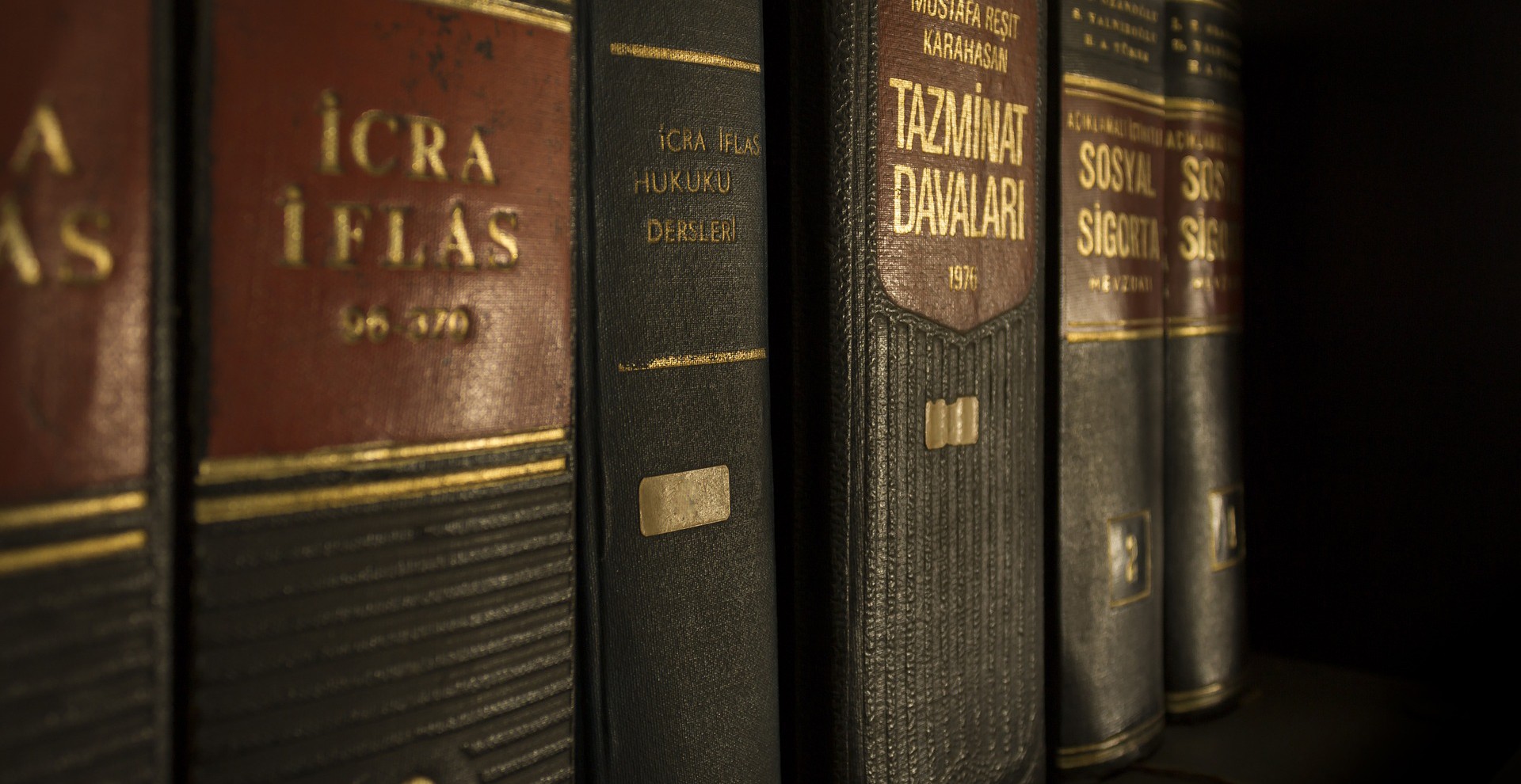Approaches to the "notorious" trademark concept and its protection against cancellation action for "non-use"

Published bySalome Urquiaga

The way “notorious trademarks” are treated and their protection against the legal concept of cancellation for non-use is a subject of particular importance because of the legal consequences it has.
A previous revision of Title XIII of Decision 486, section which regulates “notoriously” known marks, and in particular Article 229, shows that the extended protection they are given by law breaks with the principles of “registration”, and “true” and “effective” use, as said rule establishes that the “notorious” status of a mark shall not be denied for the mere fact that: a) it is not registered or in the process of being registered in the Member Country or abroad, and b) it has not been or it is not being used to distinguish goods or services or to identify activities or premises in the member country. Therefore, a “notoriously” known mark deserves special legal protection whether or not both situations occur.
Nevertheless, there are not in Decision 486 express provisions with respect to the treatment of the cancellation of a trademark that enjoys the “notorious” status, chapter V of said Andean legislation being addressed only to the cancellation of the “ordinary” or “common” trademark. This gap of regulations has generated different and contradictory positions.
Thus, according to the case law line of the Andean Community Justice Court – jurisdictional entity which declares the legality of the community law and guarantees its uniform application and interpretation in all Member Countries – the “notorious” trademark requires, due to its status, a different treatment faced with the figure of “non-use” cancellation when said trademark is registered, which entails that in the case of a cancellation petition said request be dismissed, if it is previously demonstrated that it is a mark with effective “notoriety” in at least one of the member countries of the Andean Community.
The same case law line has been adopted by the Intellectual Property Specialized Court of INDECOPI, which has determined in its resolutions that it does not correspond to cancel the registration of a trademark for non-use when its owner demonstrates that it is a “notorious” mark. Furthermore, the Court states that deciding the opposite would entail that whoever obtains the cancellation of a “notorious” trademark, cannot obtain its registration in exercise of the preferential right established by law, since maintaining the “notoriety” of the trademark regardless the cancellation of its registration, would cause foreseeable risk of confusion or dilution of its distinctive force.
The Commission of Distinctive Signs, for its part, is deciding with different criterion in the first instance. In its opinion, it is not pertinent to analyze in a cancellation proceeding for non-use if the trademark has the “notoriously” known status, since Decision 486 does not contain any provision that establishes in favor of the “notorious” trademarks, and as exception, the possibility of maintaining their registration even if their use is not proved.
The conflicting situation resulting from the two discordant positions has caused that the Court declares the nullity of those resolutions in which, even though the “notoriety” of the trademark object of cancellation was invoked, the Commission has not issued opinion on said expressly raised question. The Commission has been compelled in said cases to issue a new decision, evaluating previously if there are judgment elements that determine the “notorious” status of the trademark which cancellation is sought; nevertheless, it has remained firmed in its position that the acknowledgement of said “notoriety” does not imply the inadmissibility of a cancellation action or its lack of grounds, since said different treatment is not contemplated in the current legislation.
The Court, in appeal proceedings, has declared groundless all the cancellation actions for non-use brought against the registration of trademarks that have been declared “notorious.”
It can be concluded, in light of the abovementioned, that the harmonization in the treatment of “notorious” trademarks faced with the figure of non-use cancellation is important, in order to secure the celerity and efficacy that must govern the administrative proceedings, being essential to take into account that the “notorious” status of a trademark responds to the great effort and enormous investments made by its owner, that its protection is not subject to its registration since if the registration is cancelled, the notoriety survives as result of its extended knowledge; circumstances that demand an effective protection to prevent an unfair exploitation of the trademark’s prestige, in case whoever brings an action obtains a favorable result and in the hypothetical case that it manages to register the trademark in its favor, thereby finally affecting the fair competition, to the prejudice of the user/consumer.

